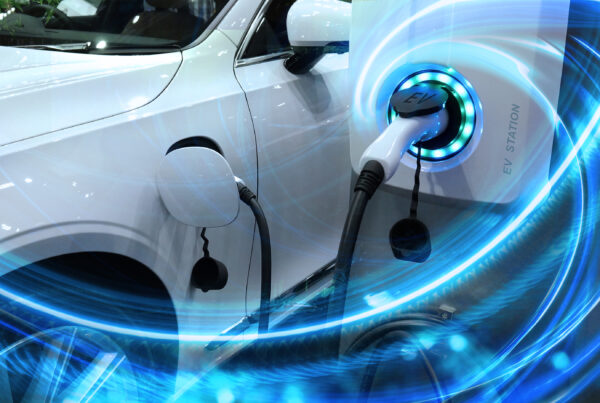The Franco-German Council of Economic Experts and France’s Conseil d’analyse économique have jointly called for prioritising battery-electric trucks (BETs) over hydrogen alternatives.
They say that BETs are the most viable solution for rapid decarbonisation, especially in short and medium-distance freight transport, where they already offer cost advantages and operational readiness.
The economists highlight that France and Germany, as the EU’s largest economies, have a special responsibility to lead in freight transport decarbonisation. Aligning their strategies would strengthen domestic policies, improve infrastructure interoperability, and accelerate EU-wide regulatory alignment.
Their recommendations include:
- Internalising external costs of freight transport through a standardised policy framework to reflect the true environmental impact.
- Prioritising BETs as the central technology for decarbonisation, given their maturity and market readiness.
- Accelerating the rollout of charging infrastructure, particularly megawatt chargers along major corridors and at private depots, to support BET adoption.
- Supporting the European BET manufacturing sector through targeted funding for research and development in battery technology and charging protocols.
- Reevaluating funding for alternative fuels like hydrogen, focusing on technologies that are currently more feasible.
- Investing in rail for high-volume corridors and cross-border flows, while recognising that a general shift to rail freight is unrealistic in the near future.
Monika Schnitzer, co-chair of the Franco-German Council of Economic Experts, stated that focusing on BETs is a “no-regret approach” to achieving climate targets.
“We suggest prioritising [battery electric trucks (BET)] strategically as the central technology for decarbonising road freight transport,” said Ms Schnitzer.
“A government strategy focusing on BET as a central technology could provide truck manufacturers and operators with the planning security needed for future investments.”
Did you find this article interesting? Click the ‘heart’ button to give it a ‘like’!



















